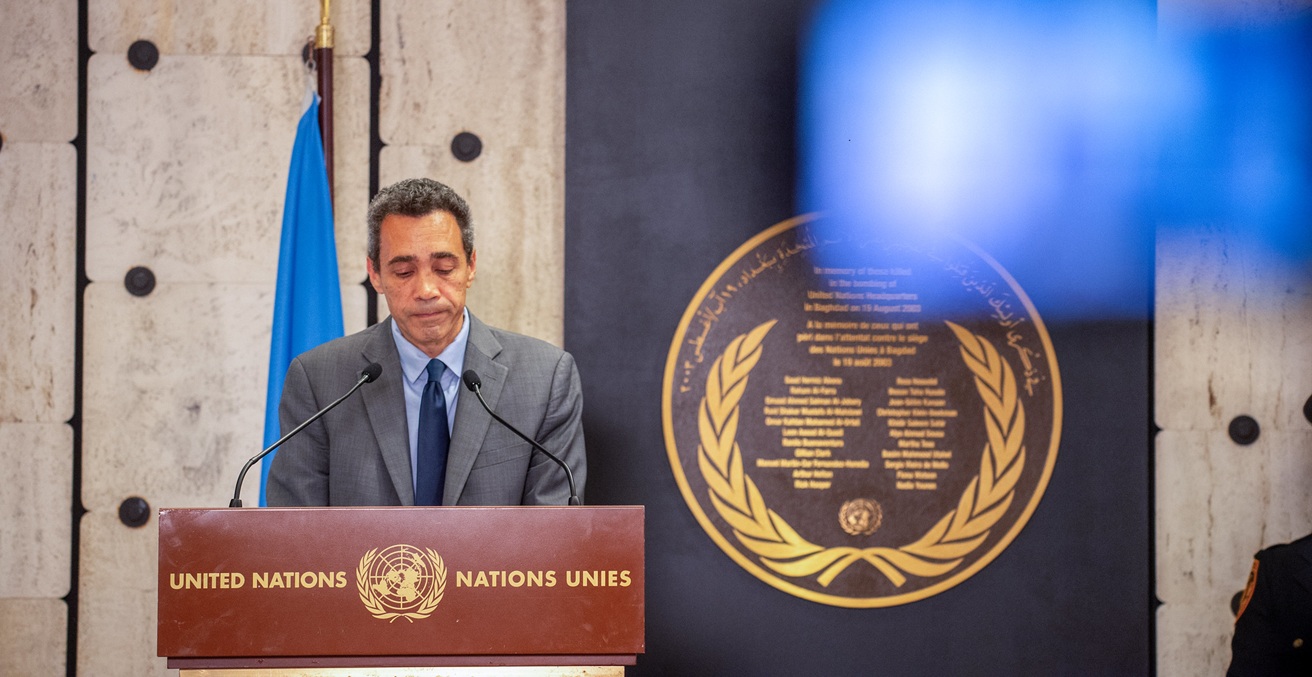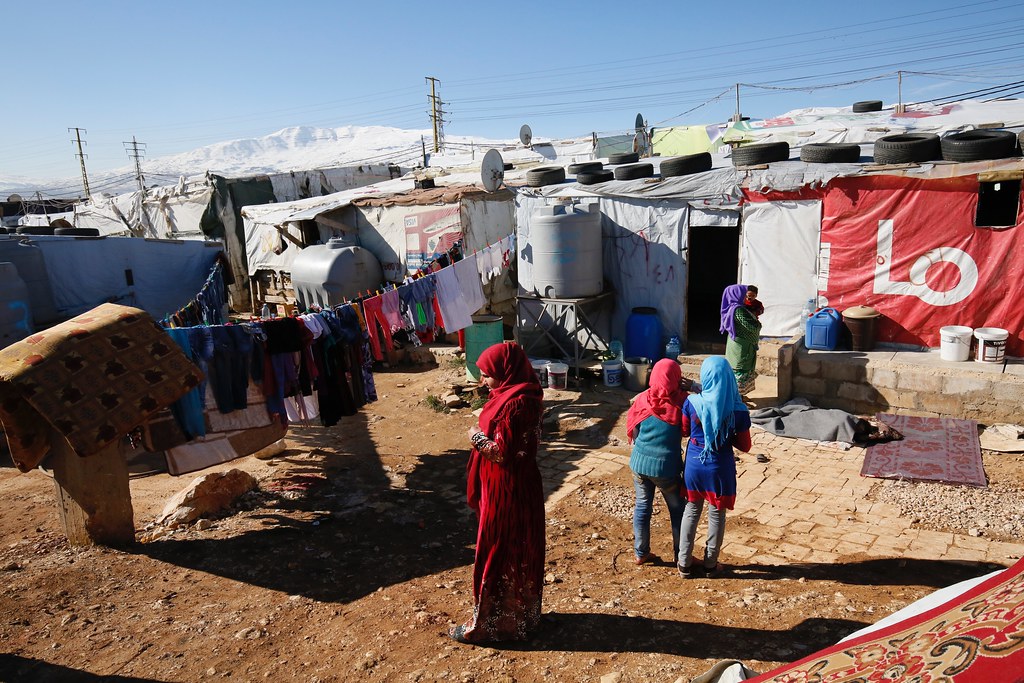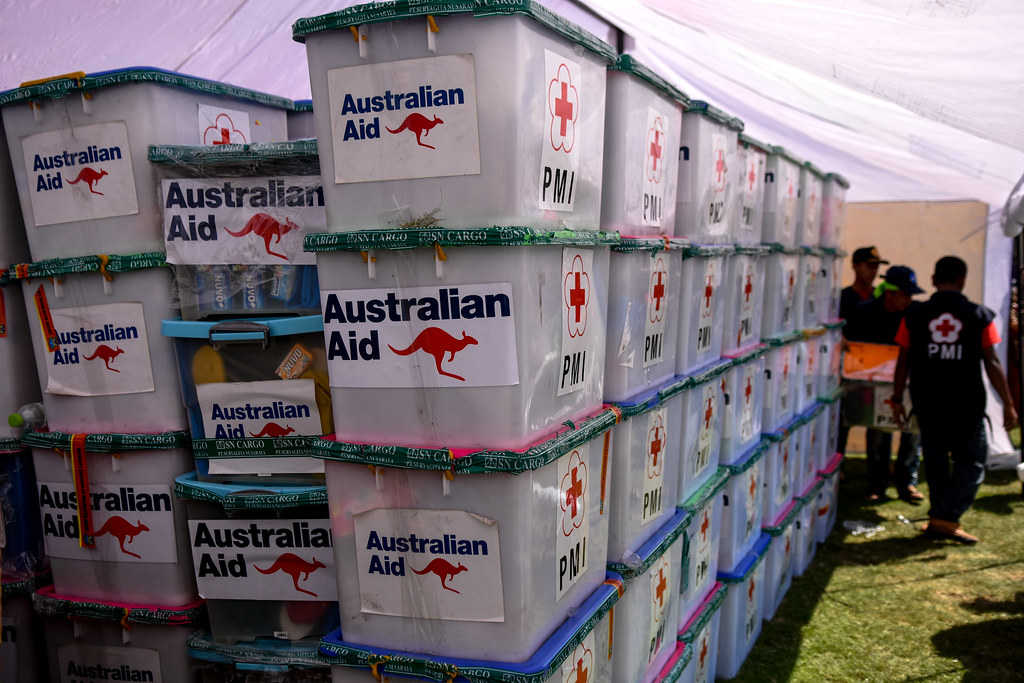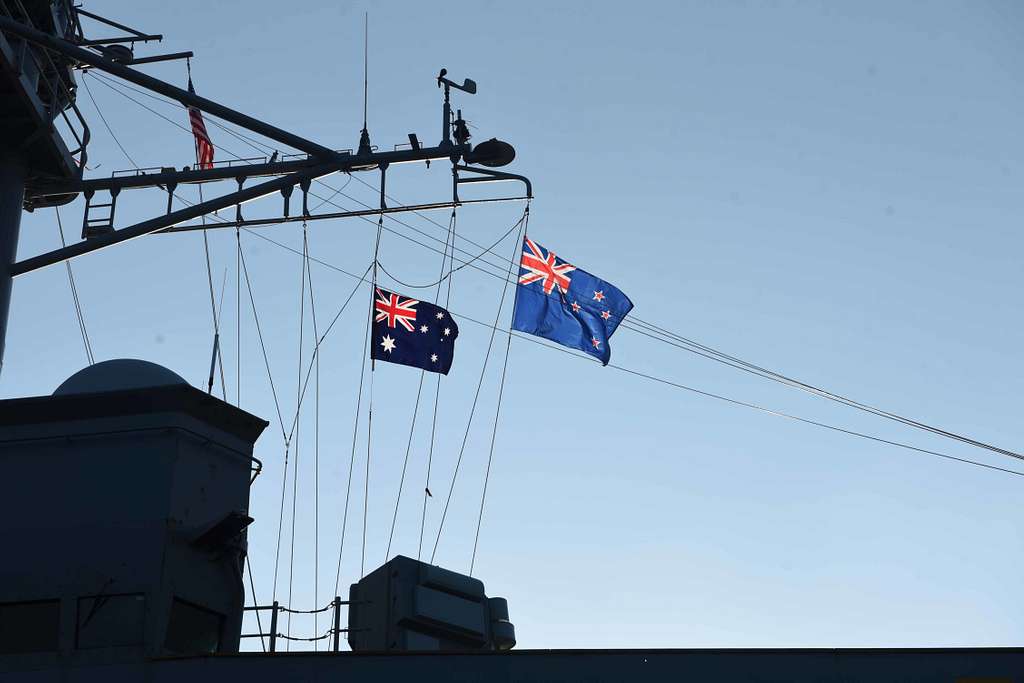During the past weeks, media coverage of Israel’s conduct of the war in Gaza, including the creation of widespread famine and instances of starvation, has motivated a majority of Western countries to support a permanent end to the war in Gaza, potentially through a UNGA-endorsed Palestine/Israeli two-state solution. But Israeli Prime Minister Benjamin Netanyahu is opposed to any two-state solution because, principally, it conflicts with the Greater Israel objectives of his government’s hard-right faction.
Netanyahu needs hard-right support to remain prime minister, and coincidentally, avoid prosecution and jail for alleged corruption. His latest intent to upgrade the war in Gaza through its total and potentially indefinite militarily occupation, justified through the need to pursue the full destruction of Hamas and save remaining hostages, together with the increasing continuation of “illegal” settlements in West Bank, is part of this complex domestic political mix. As Henry Kissinger reportedly once said, “Israel has no foreign policies, only domestic politics.”
Notwithstanding the horrendous actions of Hamas militants who invaded Israel on 7 October 2023, the nature of the retaliatory actions of the Netanyahu government in Gaza, which include some 60,000 Palestinians killed and more than 150,000 wounded, have far exceeded any “proportional response.” A UN Human Rights (UNHR) Special Committee report dated 14 November 2024 found Israel’s warfare methods in Gaza were consistent with genocide, used starvation as weapons of war, and inflicted collective punishment on the Palestine population.
However, since then, evidence-based reports released last month (July) by two Israeli-based humanitarian organisations were even more explicit and damning. These were the B’Tselem information centre’s report entitled ”Our Genocide,” and the Physicians for Human Rights-Israel (PHRI) report, “A Health Analysis of the Gaza Genocide.”
The above make very sad reading. The findings claim evidence of systemic genocide and apartheid in Gaza through the “dehumanising of the Palestinian collective,” targeting Palestinians both physically and mentally, the destruction of hospitals, schools, residential housing, water, sewerage and other civil infrastructure, the deliberate withholding of basic food, water, medicines, and other aid, the regular displacement of the population, and massive and unnecessary civilian casualties.
In West Bank and East Jerusalem, related issues noted include the on-going dispossession of Palestinians from their land, often through Israeli-condoned acts of new-settler violence.
The Israeli Defence Force (IDF) have consistently explained their actions against Hamas in Gaza as self-defence, and civilian casualties the indirect result of targeting Hamas, or suspected members of Hamas using civilian infrastructure for cover. Other incidents that cannot be explained in this context have been described as “mistakes,” “subject to investigation,” or simply denied. The B’Tselem report noted “genocide” campaigns were often seen by perpetrators and the broader public as a “legitimate act of self-defence in response to an enemy posing an existential threat.”
The creation of Greater Israel “from the (Jordan) river to the sea” comprising only one state i.e. Israel, and the dispossession of all Arabs other than those who attest credible loyalty to Israel, is spelt out explicitly by Israeli hard-right Finance Minister, Bezalel Smotrich, in his report Decisive Plan.
So, is Netanyahu personally fully committed to the creation of Greater Israel, and by implication supportive of the reported genocide, apartheid, and ethnic cleansing to achieve this? If committed to Greater Israel, he needs to say so, and if not, he should also say so.
This clarity is essential for two basic reasons. The first is Netanyahu’s personal position, and how his influence will impact directly and indirectly on UNGA negotiations next month to achieve peace through a two-state solution. The second, following on from the first, is the impact Netanyahu’s position will have on President Donald Trump’s thinking, and whether, as a permanent member of the UNSC, he blocks or supports any UNGA resolution proposing this solution.
How this proposed solution is dealt with at next month’s UNGA meeting remains to be seen. But the increased recognition among Western nations in particular of Palestine as a sovereign state is one thing, formal UNGA/UNSC recognition is another.
If Netanyahu opposes outright recognition of Palestine’s sovereignty, conditional or otherwise, he and the Israeli hard-right, together with any like-minded international supporters, can be expected to use all means possible to undermine any resolution. The process could become very nasty and very drawn-out.
It will also confirm the need for, and potentially precipitate Netanyahu’s downfall and replacement by, a more moderate Israeli leader willing accommodate the challenges of a two-state solution. There are indications of a significant increase in the number of Israelis that recognise the excessive brutality of Israeli operations in Gaza, and see the permanent cessation of the war, and peaceful outcome, as the only guarantee for the release of all remaining hostages. In sum, support for Netanyahu and hard-line members of his government is declining and threatening his government.
Highly contentious issues will include determining what must or should be the uncontested sovereign borders of both Palestine and Israel. Will the start point be pre-1967, with minor amendments, or some much more imaginative amendment of these? Is a Palestine comprising two non-contiguous territories (West Bank/ East Jerusalem and Gaza) viable, and if deemed viable, what would be the means of connectivity and freedom of movement between them? What about Israel’s current occupation/annexation of Syria’s Golan Heights and Shebaa Farms in southern Lebanon? And can Jerusalem serve as the capital of both states?
Another highly contentious issue will be the “illegal” settlers in West Bank and East Jerusalem, some 500,000 and 220,000 respectively. Israel offers special privileges to all Jews. How realistic is relocation or accepting living in a Palestine state without such special privileges?
Also contentious will be the political and constitutional makeup of Palestine. New leadership, a new constitution, and elections are required to address the challenges, including unity across all territories of Palestine. And related to this is the demand that Hamas disband and not take any part in Palestine’s future governance—a complex and near- universally accepted demand.
However, how acceptable would be Hamas’s militia handing over their weapons to and potentially joining the new Palestinian police force, and other members joining one of Palestine’s existing parties, or creating a new party?Impossible? But that’s precisely what Irgun did. It was a Jewish pre-independence terrorist organisation that lethally and brutally targeted the British and Arabs to force the creation of Israel. Upon Israel’s creation in 1948, their militia joined and handed over their weapons to the IDF and their leaders created the Herut party, which later morphed into Likud, Netanyahu’s party. Several of Israel’s past leaders came from a terrorist-related background. Terrorism, or its flip side, freedom fighting, is not new to Israel.
How the Australian government addresses these and related challenges prior to and during the UNGA is under development. The issues are complex and will involve winners and losers. Australia is not a major player in the above, but for national unity and security reasons our decisions must be fully pragmatic and based on an outcome of practical and achievable steps towards regional peace.
Ian Dudgeon is a former president of the AIIA ACT Branch.
This article is published under a Creative Commons License and may be republished with attribution.





